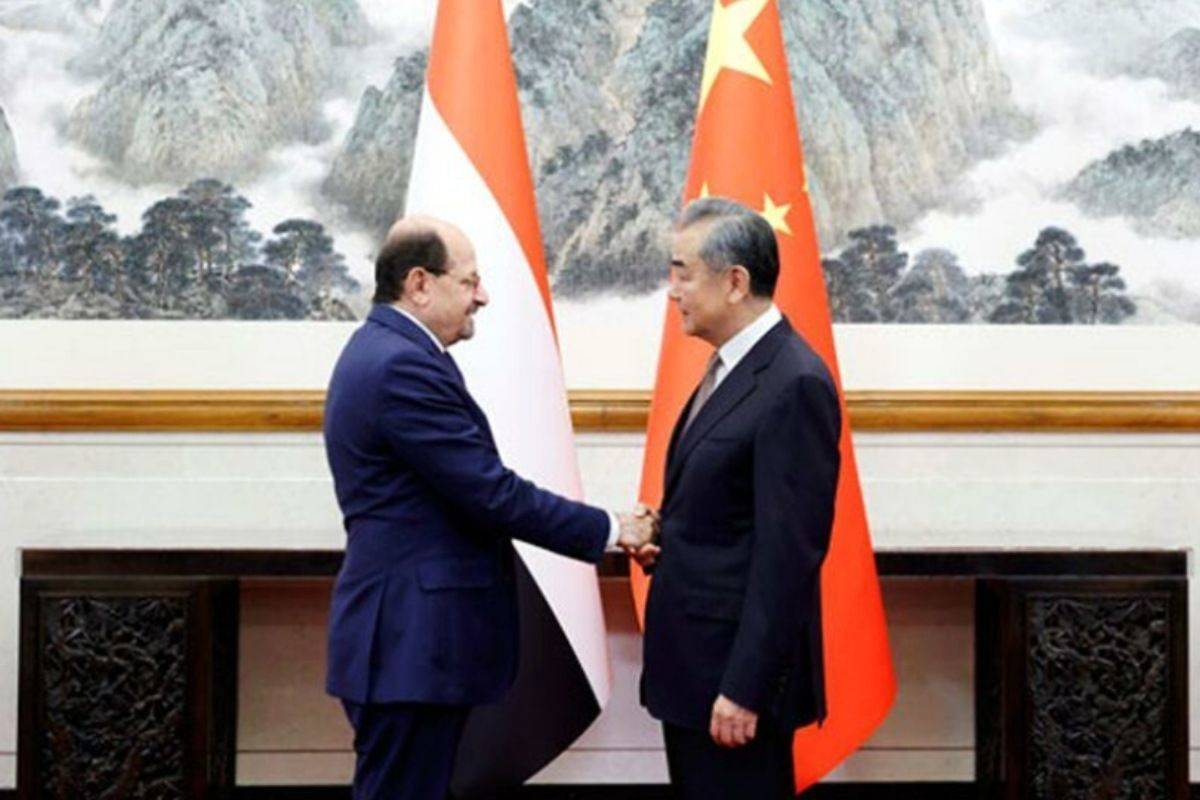78 Views
Red Sea Gambit: How Yemen’s Blockade Could Hand China a Geopolitical Victory
In recent months, Yemen’s resistance has vigorously maintained its naval blockade of the occupied territories in response to the ongoing crimes of the Zionist regime, while its hypersonic missile attacks on the regime’s airports—enabled by precise intelligence—have intensified. This naval blockade, occasionally breached by Western vessels, is swiftly countered by Yemen’s military, which monitors the area with remarkable accuracy. Some international security experts argue that such intelligence-gathering requires robust infrastructure, likely supplied by an extra-regional power. This raises a critical question: Is China providing intelligence support to Yemen’s military? And if so, what geopolitical implications would this have?
Yemen’s military maintains precise surveillance over the Red Sea, threatening ships bound for the regime’s ports with missile strikes. The U.S. government alleges that Chinese private-sector firms, leveraging their intelligence infrastructure, are aiding Yemen’s military in monitoring conflict zones. One such company, Chang Guang, faces Western accusations, though China insists its operations are purely civilian. Given the company’s telecommunications expertise and the Resistance Axis’s networked alliances, the likelihood of its data being used for military oversight is plausible. Yemen’s successful naval blockade in recent months—undoubtedly backed by precise intelligence—fuels speculation about the source of this data. However, the clandestine nature of such cooperation makes definitive conclusions impossible; current discourse remains speculative.
Geopolitical Ramifications of China’s Support for Yemen
China’s backing of Yemen’s blockade could carry multifaceted implications. By targeting Western ships in the Red Sea, Yemen has disrupted Western maritime trade, while Chinese vessels—operating freely—could monopolize the region, bolstering China’s global shipping dominance. Additionally, China might exploit this leverage to pressure the Trump administration amid ongoing bilateral tensions, particularly in trade negotiations.
If U.S. claims of Chinese support for Yemen are true, this would deepen rifts between China and the West, contradicting Beijing’s purported policy of moderation. China’s cautious stance in conflicts like Russia’s war in Ukraine reflects its aversion to direct geopolitical fallout. Similarly, overt involvement in Yemen risks alienating Persian Gulf Cooperation Council (PGCC) states, with whom China shares extensive ties. Long-term Chinese interests in the Persian Gulf hinge on its Yemen policy, as prolonged conflict could undermine its regional ambitions.
In summary, China’s official policy avoids direct entanglement in international conflicts, viewing them as opportunities rather than obligations. While maintaining warm relations with PGCC states, China likely supports Yemen covertly through private-sector proxies, leveraging the conflict tactically to extract concessions from the U.S. government without overtly destabilizing its regional standing.
*Translated by Ashraf Hemmati from the original Persian article written by Amirali Yeganeh

Comment
Post a comment for this article